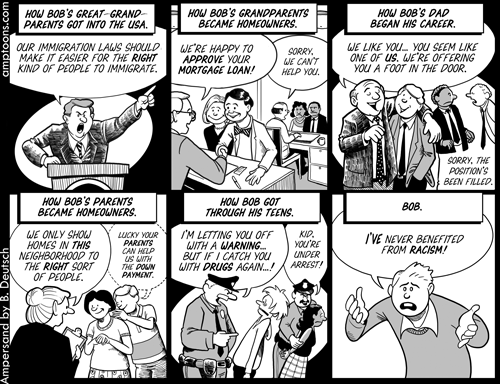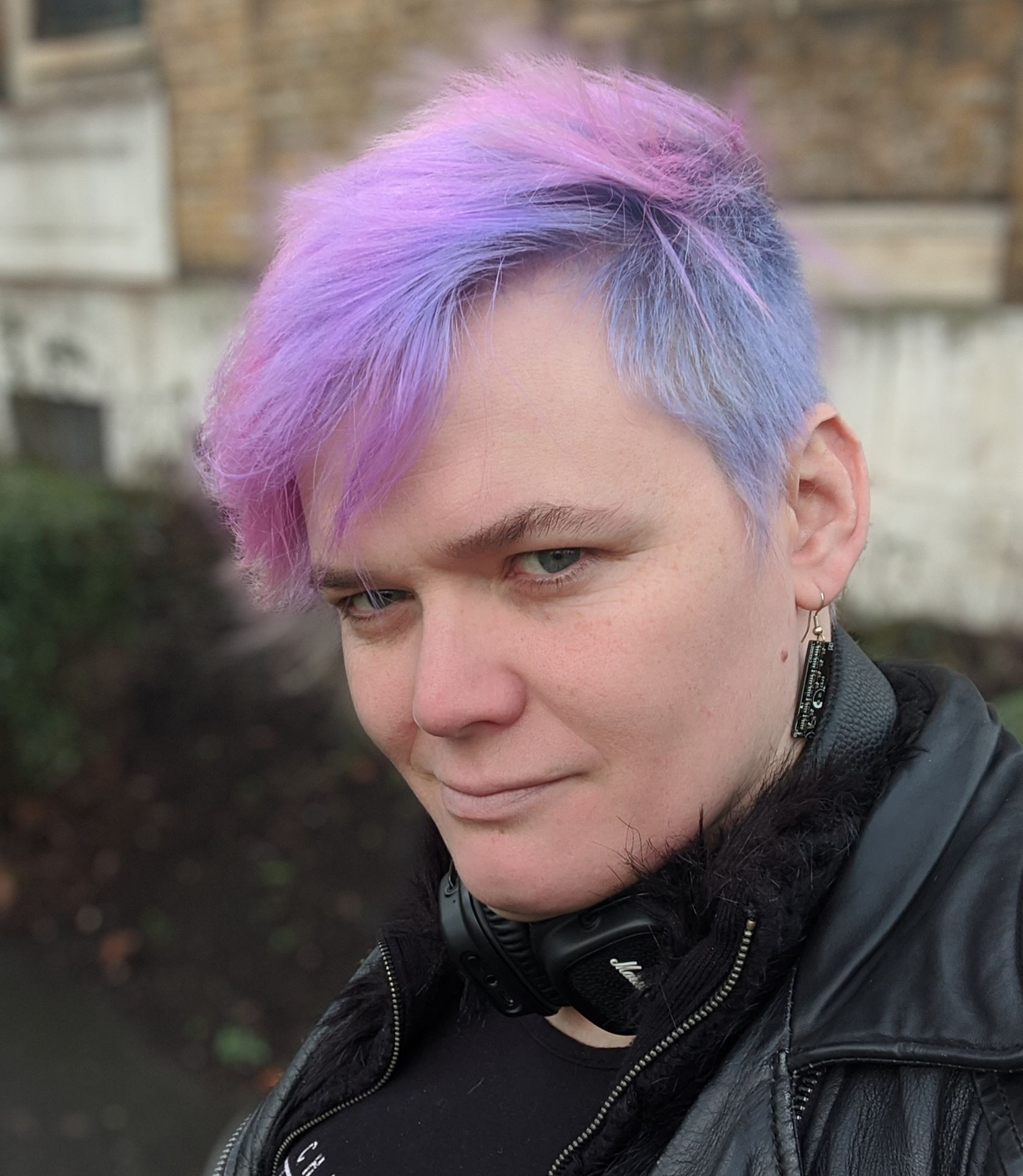
This article is the first part of a two part discussion I wish to explore.
A law for us and a law for them, the private law or privilege of a group. Being born in South Africa in the 80's my growth as a person was set in a background of racial turmoil and rediscovery as we tried to find out what the new South Africa meant. While the laws could be rewritten and the tombs of private law discarded we found quite quickly that privilege is deep seated in humanity and abolishing the formalisation of it is only the first step.
I was born in Natal in the traditional seat of both Zulu and English power. While I was too young to witnesses the nightmarish riots and flames of the conflict I was the generation which needed to fight the war of the mind. The hardest part was to get the white population, myself included, to see there was a war to fight.
Most white people felt that after the Apartheid laws were abolished and the ANC was in power that was enough, the debt had been paid. Now it was a situation of may the best man win. The problem ran much deeper, the first and most obvious wounds left by BANTU education and it's ilk which handicapped a large part of the population by denying them learning.
So one solution was affirmative action, a series of incentives and quotas directly targeted to help get some black people into key areas of the work force. The howls and screams of rage were deafining, the baulking and harrumphing of educated folk at the dinner table was steam-rolling. We did not see the need for it, we argued it would weaken the workforce, dilute talent and punish hard working whites who were rejected in favour of a less talented black candidate.
What I did not see at the time and what my friends and family failed to see was we had a country to heal. If white privilege continued the bulk of the work force would be subjected through a series of back room deals and unspoken prejudice. There would be no role-models, a new black member of staff would be alone and exposed in a work place.
It was only when I reached university and starting studying philosophy degree in night classes, while doing my computer science degree, did I see the real issues and start to become consciously aware of the problems.
We as humans use prejudice as the most basic level of thought, and privilege is so in built as to be invisible. The tools of society and civilisation need to counter-act these so as to co-exist in a diverse environment. I could point to countless papers and endless discussions but the key factor is this, we are not aware of our prejudice.

It has taken a background of social turmoil, endless exposure and cold logical dissection of the mind for me to be acknowledge that prejudice. Even through all that however I do not think I am emotional aware of the depth of white privilege. All the little nods, helping hands and unconscious selection because I am white.
The only party I believe who can emotional identify the extent of white privilege are those who are not. Now white privilege exists mainly in the western world, and racial tensions have been fought, discussed and I would say widely acknowledge by the populace. Yet still it remains an issue, an under-current to our society.
So now what about the almost globally prevalent, much less discussed and for many unacknowledged, male privilege. The hidden weaving of this beast are much harder to uncover. In the western world I would safely bet less than 1 in 1000 men could write a 1000 word essay that identified daily actions and social conventions which enforced this male privilege. Even fewer could emotionally connect to it.
This is why we need thought, discussion and process. To overcome the under-currents which our courts, constitutions and social fabric agree are wrong. Yet many of us fail to acknowledge in out daily lives. Only through public discussion and removal of self from the messy problem can we start to see the hidden private laws under which much of our society operates.
This article will be continued in a second part discussion creative diversity.
